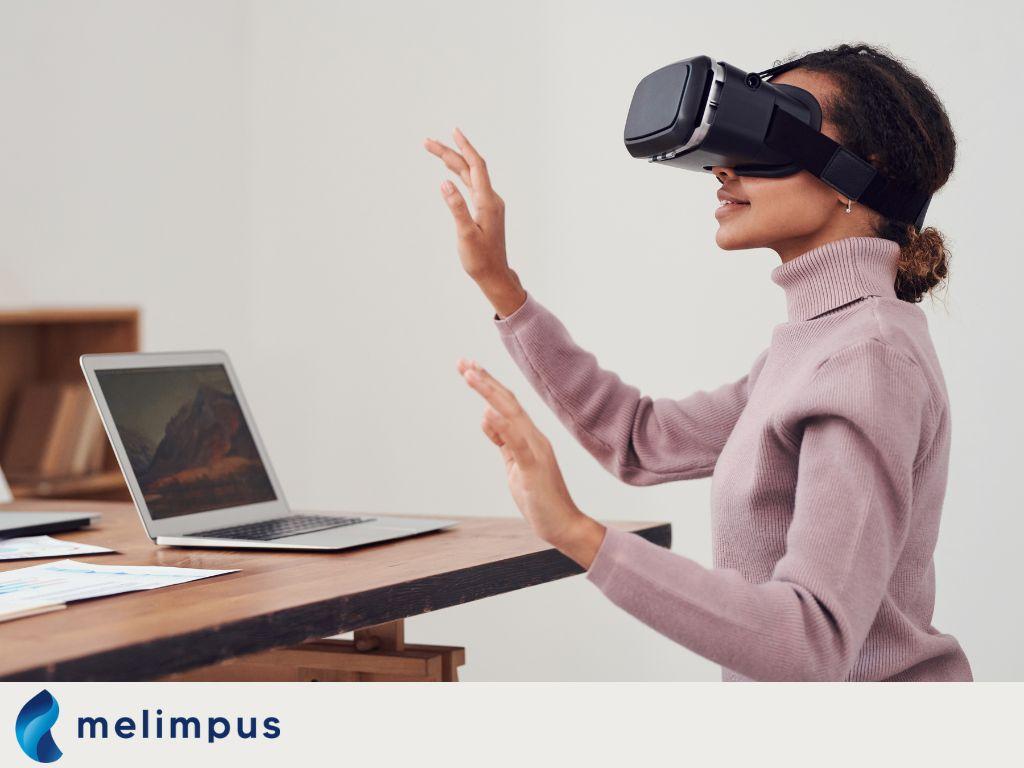Safely developing soft skills through virtual reality

Are soft skills innate or learned?
“You can read self-help books to improve interpersonal skills, but nothing replaces experience,” says our psychologist, Stéphanie Delroisse. “Living situations, feeling emotions, testing different behaviors—that’s what really anchors learning.”
And today, one tool allows these experiences to happen in total safety: virtual reality.
Why virtual reality effectively helps develop soft skills
“Do you dream of saying no to your manager but never dare? In VR, you can test that situation safely. You can even say everything you think—without fear of consequences,” smiles our psychologist.
This safe setting allows users to approach sensitive situations—like giving feedback, managing conflict, asking for help, or asserting themselves—with more freedom and less pressure.
The Melimpus Immersive Experience: Concrete examples
- Saying no without guilt
- Giving constructive criticism
- Responding calmly to difficult remarks
- Asking for support
- Improving listening skills
Each experience is customizable, with immediate feedback that allows rapid and concrete progress
Measured impact on workplace well-being
“Soft skills like empathy, emotional regulation, and assertive communication help boost resilience, optimism, and self-efficacy. They also foster a healthier, more respectful work climate. It’s a way to strengthen personal resources—a key to preventing burnout.”
However, she adds a nuance: “Companies must also manage work demands—mental load, objectives, team atmosphere… Soft skills can't fix everything, but they help you cope better.”
Want to try it out?
With Melimpus VR, you can now explore your relational habits and train your brain to respond differently.
Want to test your soft skills in VR? Contact us and jump on board for a more human, connected, and resilient workplace.

